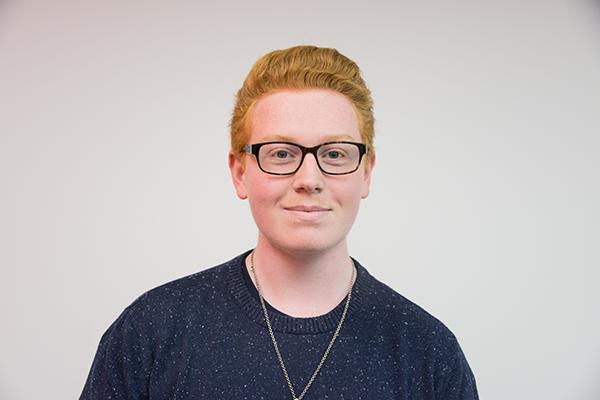Celeb LGBT Allies Shouldn’t Be Awarded Just For Being Decent

February 25, 2016
With the annual British LGBT Awards and the GLAAD Media Awards looming in May, it is time we reexamine what it means to be an active member of the LGBT community, especially for an ally.
Zayn Malik, nominated this year for the British LGBT Music Artist award, earned his place in the running simply by vaguely urging his fans to be self-assured, saying: “Just be yourself. If that’s who you are, that’s who you are and don’t be afraid to be the person that you are.” Little Mix was nominated for the same award for their song “Secret Love Pt. II” because they believed it helped a lot of fans officially come out. These are two examples of maximum recognition and praise for the minimal effort. Simply telling your fans that being gay is okay or thinking your song might have helped someone come out is frankly a farce. Without actively engaging in advocacy and ambassadorship, these gestures ultimately come across as empty.
Allyship is incredibly important in its ability to reach a population that the marginalized group cannot. It is therefore exponentially valuable for a person with a global platform — such as popular musicians — to express their ally status with more than a few noncommittal words. For example, musicians like fellow nominee Adele who, like Malik and Little Mix, is straight, has performed at London Pride and has expressed her openness to having a gay child.
Being LGBT does not automatically qualify one as an advocate for the community; one can be a poor community member while being in it. Unfortunately, Caitlyn Jenner, widely acclaimed for her public transition into her transgender identity, is a prime example of this. Despite finding herself at the intersection of womanhood and her trans identity, Jenner has systematically undermined her power in this position. She does not even approve of same sex marriage, yet is nominated for the LGBT Celebrity award.
Allyship, defined by NYU on its web page for Ally Week, “is an active and consistent practice of unlearning and re-evaluating beliefs and actions, in which a person seeks to work in solidarity with a marginalized individual or group of people.” Many celebrities fall short when it comes to genuine solidarity. It requires mutual support and commitment to the goals of the oppressed. It requires more than a few passing words of encouragement. To be nominated for the British LGBT awards or the GLAAD awards, should mean that an individual is the portrait of what an ally should be, but this is not true for plenty of nominees. As a community that struggles every day to encourage others to treat them with equal respect and illuminate role models for young people who wrestle with their sexual orientation, the LGBT community needs to be able to differentiate between people who are true allies and those just doing it for good PR.
Opinions expressed on the editorial pages are not necessarily those of WSN, and our publication of opinions is not an endorsement of them.
Email Connor Borden at [email protected].























































































































































